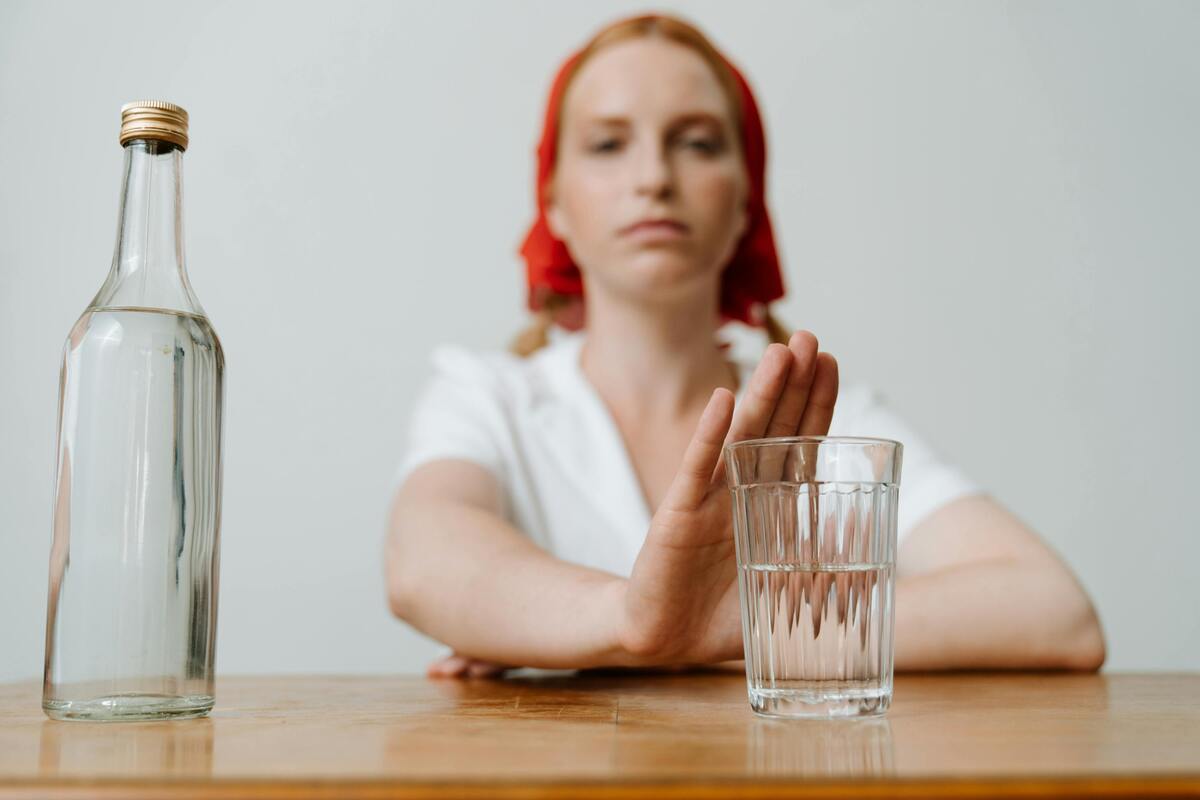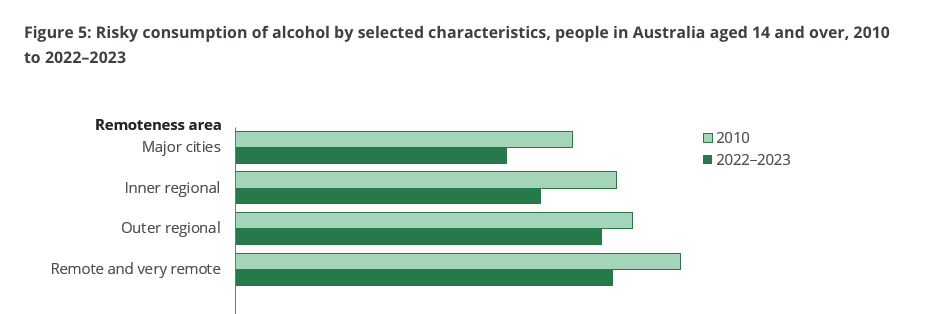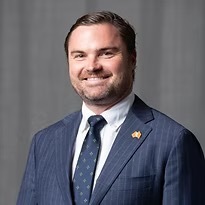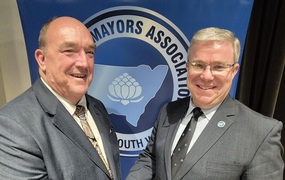It's harder than just saying 'no'
Lily Plass
09 March 2025, 1:54 AM
 Photo: Cottonbro Studio
Photo: Cottonbro Studio Saying no to alcohol can be tricky in the bush, the latest statistics from the Australian Institute of Health and Welfare (AIHW) show, but experts say these attitudes are slowly changing.
Australian bush areas are 1.4 times more likely to engage in risky drinking behaviour compared to people living in metropolitan areas.
And while these risky behaviours are headed in the right direction, country people still outstrip their metro counterparts by far too big a margin.

Risky drinking has decreased since 2010, but people in remote and outer regional areas are still more likely to engage in dangerous drinking behaviors. Photo: AIHW
"One of the key challenges in rural areas, you wake up with a hangover, you're motivated to change, and our system makes it really hard to do that," said Chris Raine, co-founder of Clean of the Clean Slate Clinic that operates in Western NSW and other parts of the country.

Chris Raine, Co-founder and Director Clean Slate Clinic. Photo: Clean Slate Clinic
"Particularly if you're drinking daily and you have these entrenched patterns of drinking, it can be dangerous to go cold turkey. You need to do a medicated detox.
"The real problem is if you're in the city, you can go to a hospital and you could probably do the detox fairly quickly but in the country, it a much greater logistical effort to do that safely.
Binge drinking is considered drinking more than four standard drinks in one day and is associated with an increased risk of brain damage, liver damage, digestive challenges, mental health problems, and cancer.
Drinking can be part of the culture out in the bush, General Psychologist at the Banyans Healthcare Shannon Webb said.
"In the Outback there's a lack of cultural activities on offer.
"There's also financial stress, climate challenges, increased rates of mental illness in remote areas, and a lot of pressure around trying to find a way to cope and that can lead to people using alcohol to self-medicate," Ms Webb said.
Slowly, however, the tide is turning.
People are more likely to reach out for help and it has become easier to say 'no' to alcohol at social functions.
"The stigma is starting to lift a little around reaching out for help. I've noticed in my practice that more and more people are open to talking about their alcohol consumption."
Mr Raine said he has also started to notice the shift in attitude towards drinking.
"Now, there's a general cultural perception that it's okay to have a different relationship with alcohol."
"That doesn't mean that these campaigns shouldn't exist because they give a pathway for people to have the courage to make these choices."
"I think the culture is shifting and that's a positive for our society."
"There's a massive rise in alternatives as well. In the beginning, you had crappy, non-alcoholic drinks and now they're really good."
Even one person, drinking less, can affect the whole group, Ms Webb said.
"One person can change the whole dynamic by not drinking. They can set a whole trend."
Ms Webb suggested alternating alcoholic drinks with non-alcoholic drinks to slow down your pace.
"Remember that it's okay to say no."



